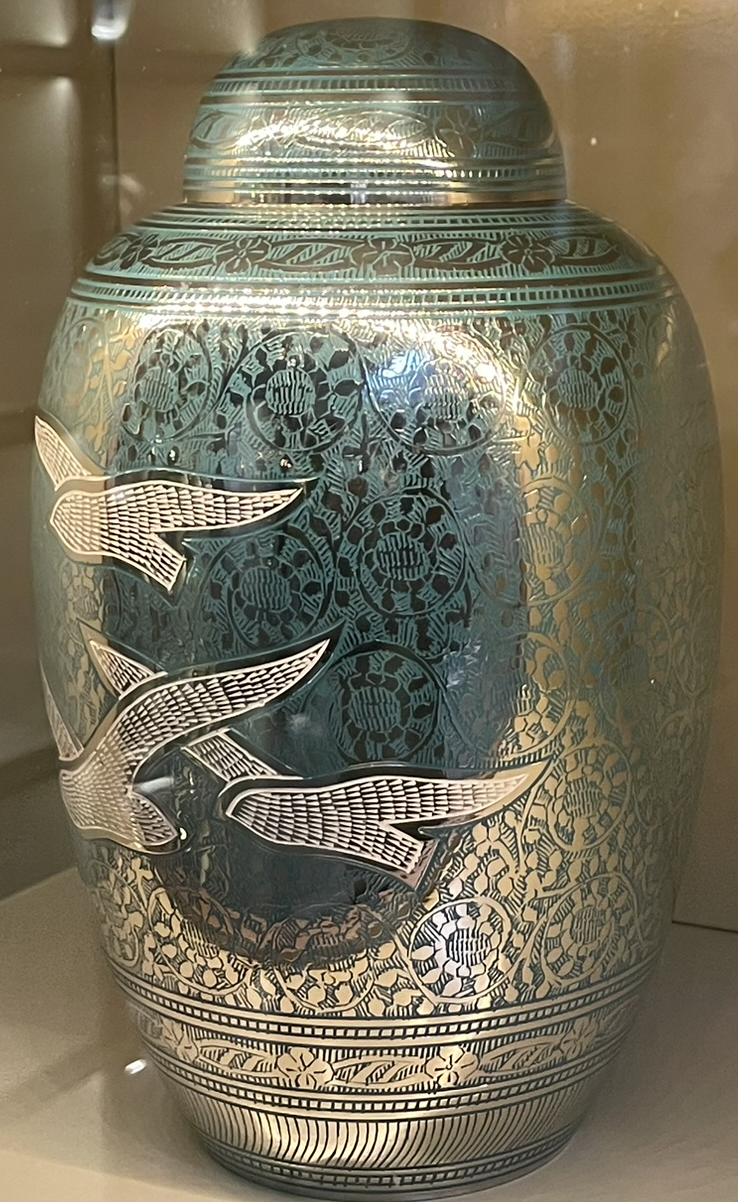In parts of the world, burial places are leased, not purchased. When the lease expires, the family needs to renew it. If the family does not, the remains are removed and placed in a common site.
Because of this, Italian Cardinal Matteo Maria Zuppi, the Archbishop of Bologna posed two questions to the Vatican Dicastery for the Doctrine of the Faith — one about the commingling of remains and the other about family members retaining a portion of the remains.
In its response in December, the dicastery first affirmed that the provisions of its 2016 instruction, “Ad resurgendum cum Christo: Regarding the Burial of the Deceased and the Conservation of the Ashes in the Case of Cremation” remain in place. That instruction stated that “the ashes of the faithful must be laid to rest in a sacred place, that is, in a cemetery or, in certain cases, in a church or an area, which has been set aside for this purpose.” It further instructed that “it is not permitted to scatter the ashes of the faithful departed in the air, on land, at sea or in some other way, nor may they be preserved in mementos, pieces of jewelry or other objects.”
With those instructions affirmed, the dicastery noted that “a defined and permanent sacred place can be set aside for the commingled accumulation and preservation of the ashes of deceased.”
It further noted, however, that the names of the deceased located there must be preserved.
In a letter released to clergy Jan. 5 by the Archdiocese of Milwaukee, Archbishop Jerome E. Listecki stated, “This commingling of cremated remains does not appear to be necessary at this time in the Archdiocese of Milwaukee. There are no plans at this time for a common burial site for commingled, cremated remains. Please remember that our Catholic Cemeteries do offer a site for disposition of cremated remains that have not been properly handled or have not been claimed from a funeral home or crematorium. The names of those deceased are kept on record by the Cemetery Office. There is no charge for this service as it is part of the mission of the Catholic Cemeteries to perform the corporal work of mercy of burying the dead.”
Mary Thiel, the Director of Cemeteries for Catholic Funeral and Cemetery, which runs the Archdiocese of Milwaukee’s Catholic cemeteries, said neither she nor her staff have received any inquiries from clients since the release of the dicastery’s letter. She emphasized there will be no changes to policies and procedures in the Archdiocese of Milwaukee.
“As a team and a management staff, we’ve been talking about it, because we want to understand the letter, so we can be prepared in the event families ask us,” Thiel said. She has spoken to archdiocese staff, in addition, to get further clarification.
In response to the second inquiry about family members retaining a portion of the cremated remains, the dicastery is very clear about its directive. It noted that it is permitted for a family to “preserve in an appropriate way a minimal part of the ashes of their relative in a place of significance for the history of the deceased person … provided that the ashes of the deceased are kept in a sacred place.”
The Jan. 5 letter from the archdiocese further stated, “These distinctions are important. The cremated remains or a portion of them are not to be retained in a home or placed in some form of memento. They are to be properly placed in a sacred place. The Dicastery places responsibility for allowing this provision in the hands of proper ecclesiastical authority. Therefore, I retain to myself the granting of such permission should a family seek this option. Pastors are not authorized to grant such permissions.”
Archbishop Listecki further noted it is his intent in the near future to offer a seminar for local funeral directors to be instructed on these provisions and other expectations with regard to Catholic burial and other funeral rites.
Thiel said she expects to be involved in that seminar, along with members of her staff.

In a December response to an inquiry from an Italian cardinal, the Vatican’s Dicastery for the Doctrine of the Faith reaffirmed the ashes of the faithful must be laid to rest in a sacred place, such as St. Adalbert Cemetery in Milwaukee as pictured. (Photo by Larry Hanson)
